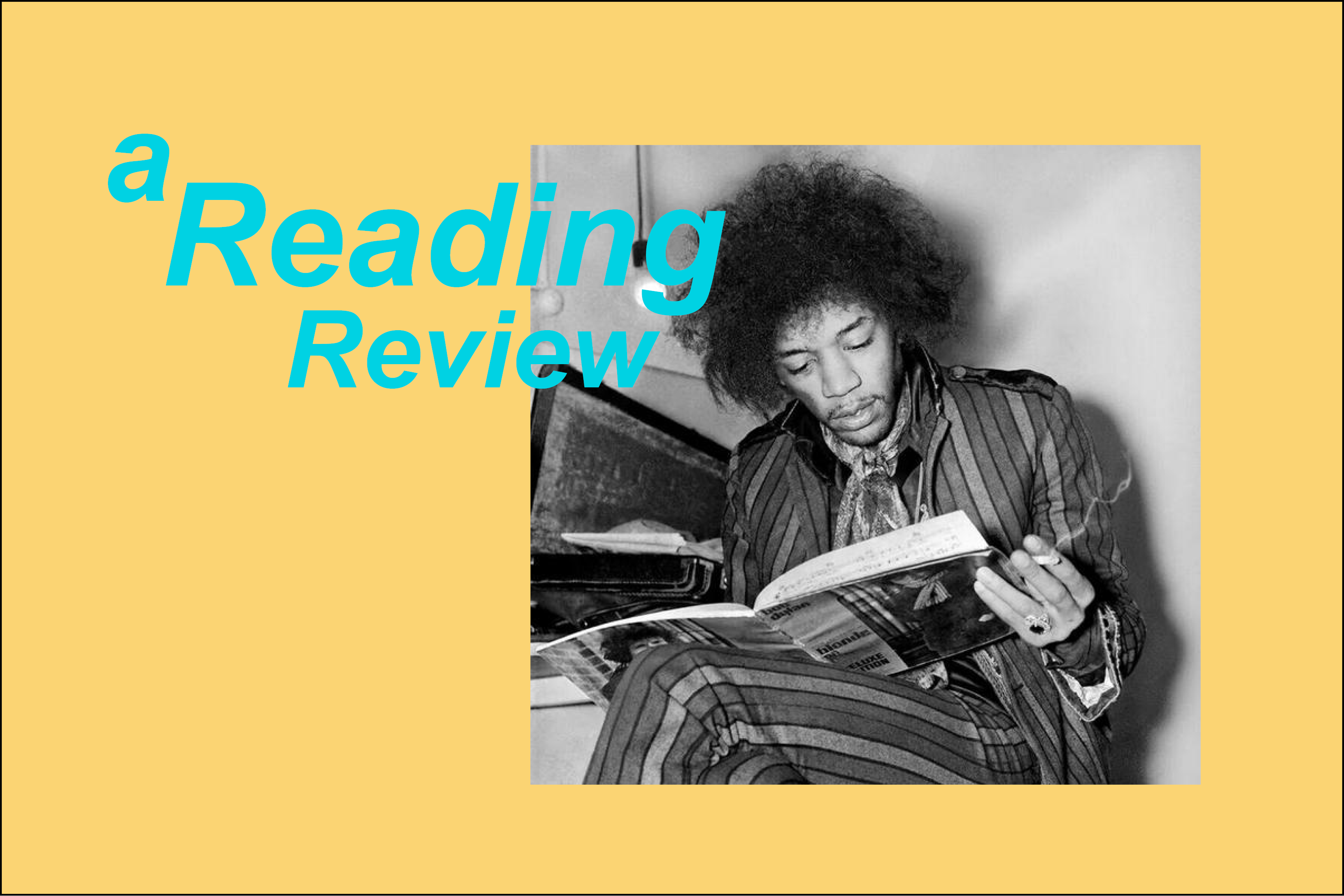The Gulag Archipelago 1918 – 1956 – Alexander Solzhenitsyn
Where is one to start with such a work? This is a book about a fundamental misuse of power. It depicts the deportation, confinement in forced labour camps, and abuse, of an astounding number of people between the years 1918 and 1956 at the hand of a tyrannical government. It’s a disturbing work to be sure, the descriptions of torture will sicken even the hardiest of readers, but it is also an incredibly hopeful book, in which a history is reclaimed and preserved from those who would seek it destroyed. Solzhenitsyn’s narrative makes this book absolutely enthralling to read. There is a surprising amount of gallows humour, irony and sarcasm throughout.
Eamonn Kelly
A Little Life – Hanya Yanagihara
I recently read A Little Life by Hanya Yanagihara. Jesus it was good. Honestly, I didn’t think novels written today could be this good. If I tried to sum up the plot I would say ‘it follows four friends over a lifetime’ but that wouldn’t really be correct. The book has many different things going on and takes many different turns. It is a difficult book which deals with difficult topics and does very little to comfort the reader. In this way, it is much like Manchester by the Sea. I highly recommend it. It must be one of the greatest books of this century so far.
Harry Peter Sanderson
The Handmaid’s Tale – Margaret Atwood
The Handmaid’s Tale is a 1985 near-future dystopian novel that centres on the experience of Offred, a ‘handmaid’ or sex slave in the theocratic Republic of Gilead (formerly the USA). Though the sequence of events that lead to the formation of Gileadean society is not so believable when read in the current century (thanks internet), the atmosphere of isolation, suffering and increasing mania constructed by Offred’s dead-inside first-person narrative feels very real. The Handmaid’s Tale is a classic dystopian fiction, providing a palpably disturbing account of the destruction of the human spirit in a sickeningly sexist, claustrophobic, and lonely society. In lieu of the recent TV adaptation, copies of The Handmaid’s Tale are all over the place, but if you want an escape from uni stress or 2017 political happenings, The Handmaid’s Tale won’t offer the consolation or explanations you’re looking for. It does however provide an interesting reflection on the larger mythologies that both control our own actions and contribute silently to our own suffering.
Mara Papavassiliou
The Price of Salt – Patricia Highsmith
I am currently reading Highsmith’s The Price of Salt. It’s a short novel about Therese Belivet, a young woman mumbling her way through late adolescence. Therese is in love with Carol, an enigmatic lady who cut through to her heart in a moment of extreme physical sensation. Therese is sort of heartbreaking; she seems so remote from herself. She is distanced and abrupt in her interactions with men, but she is so affected by female physicality, both those bodies she perceives to be beautiful and those she sees as grotesque. Women totally disrupt her life, and cause her to veer quickly between compassion for their tragedies and fear of those tragedies infecting her own life. At first she seems to be a character ruled by apathy, but it becomes apparent that she just hasn’t had the opportunities to engage in things she finds personally interesting. I am only halfway through as yet, and not much has happened plot-wise, but the prose is so thrilling that I couldn’t care less.
Pema Monaghan
This article first appeared in print volume 88 edition 5 HOME

